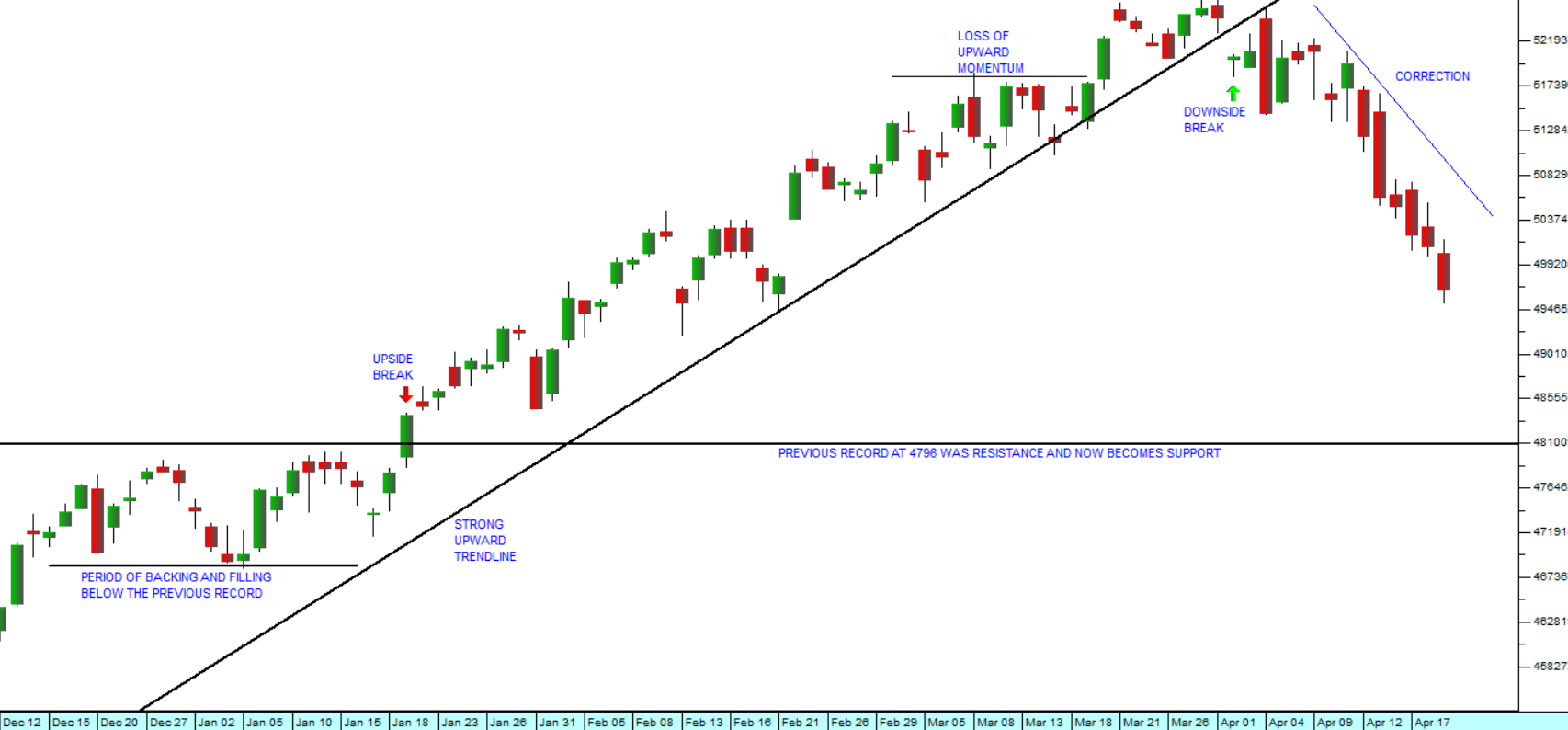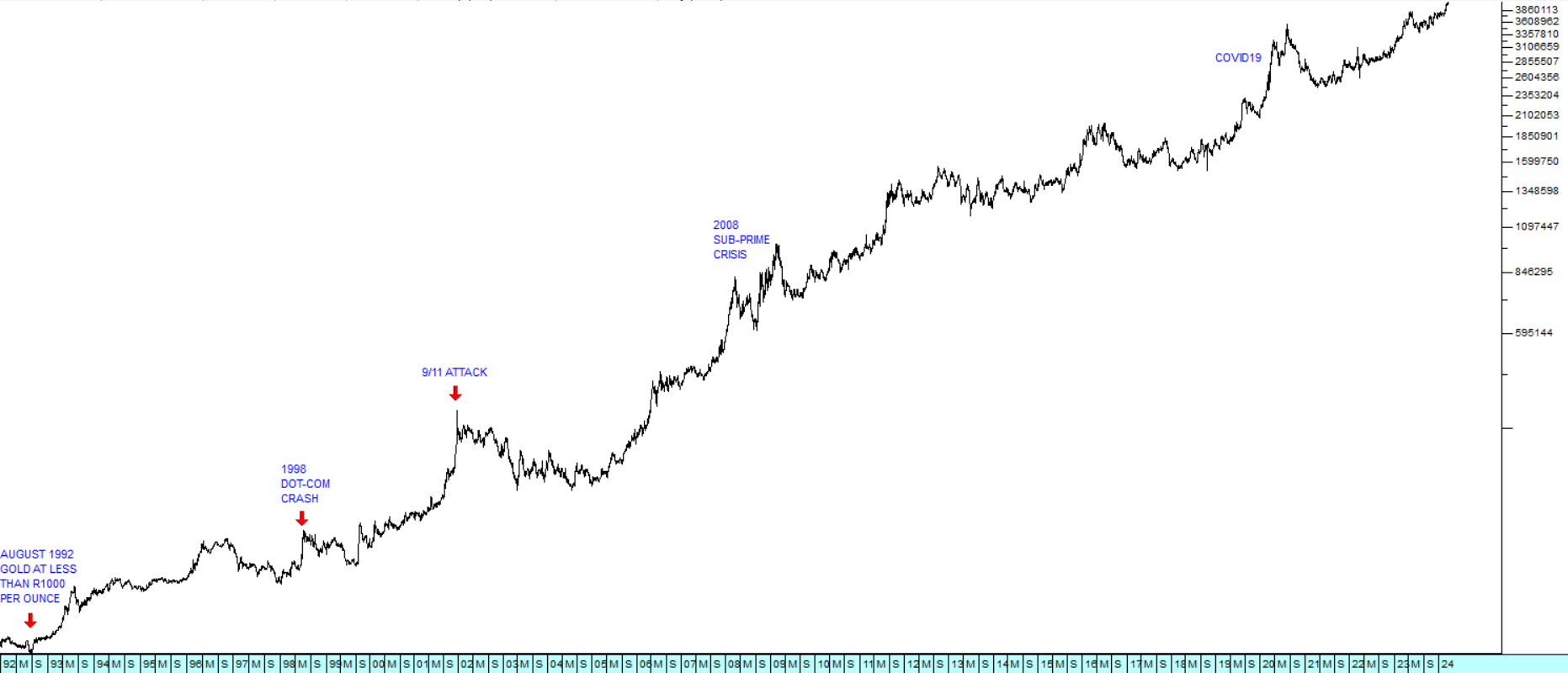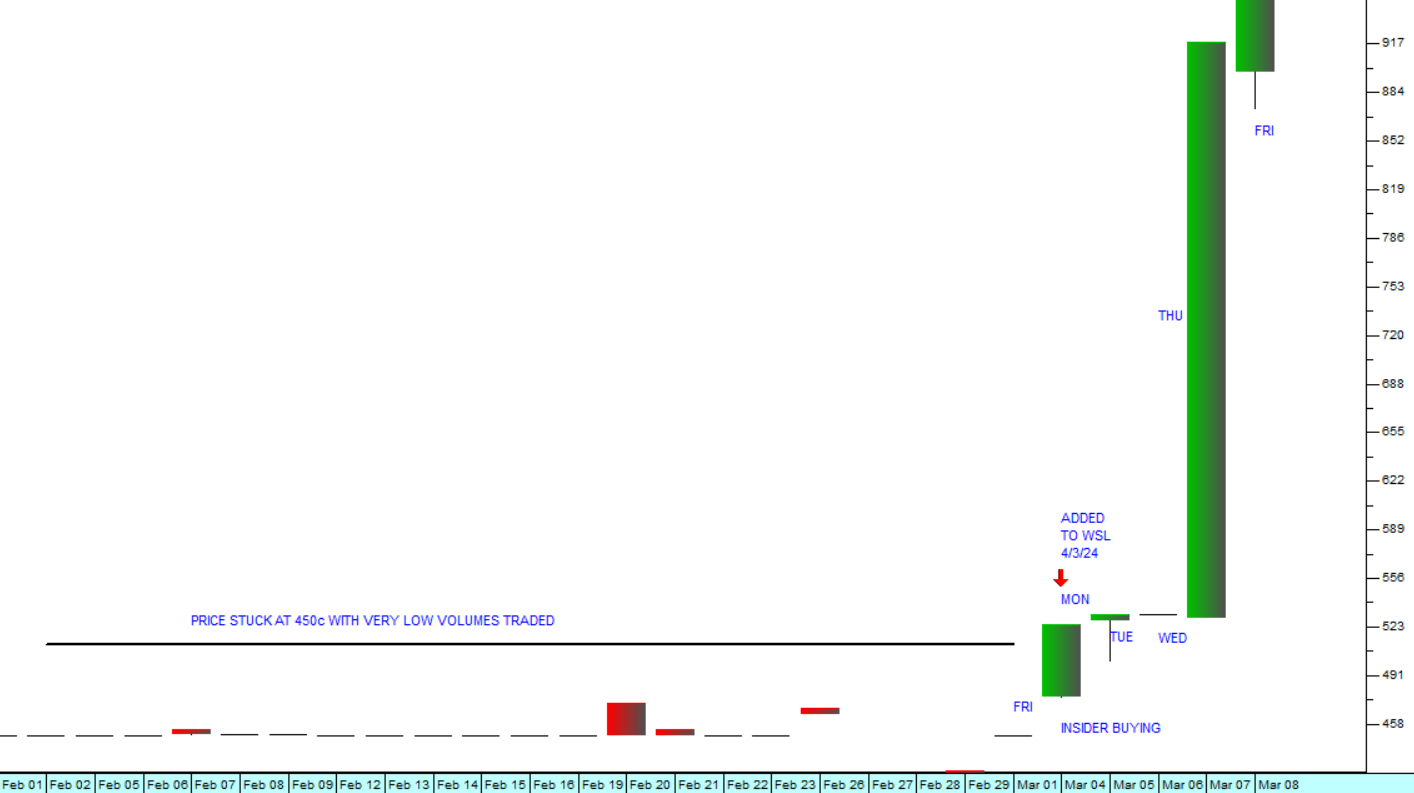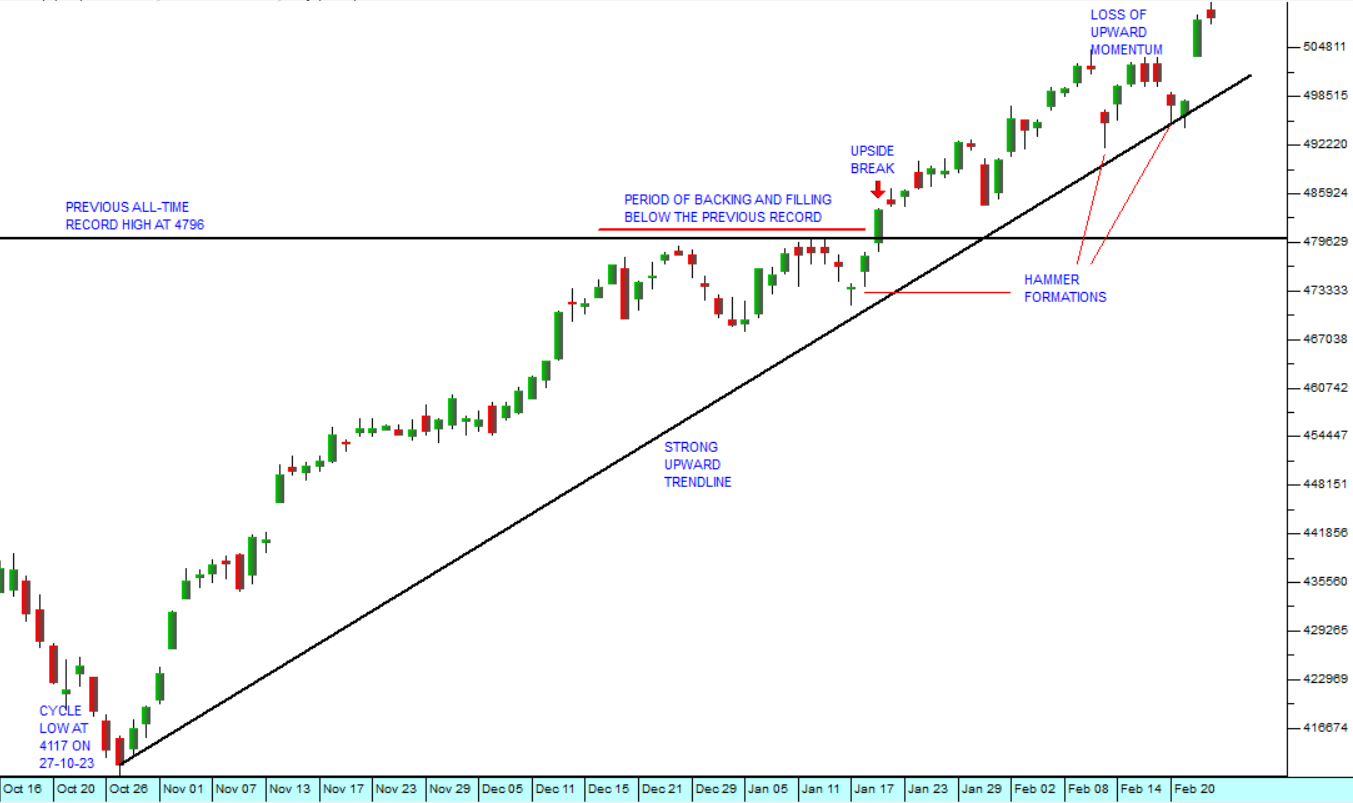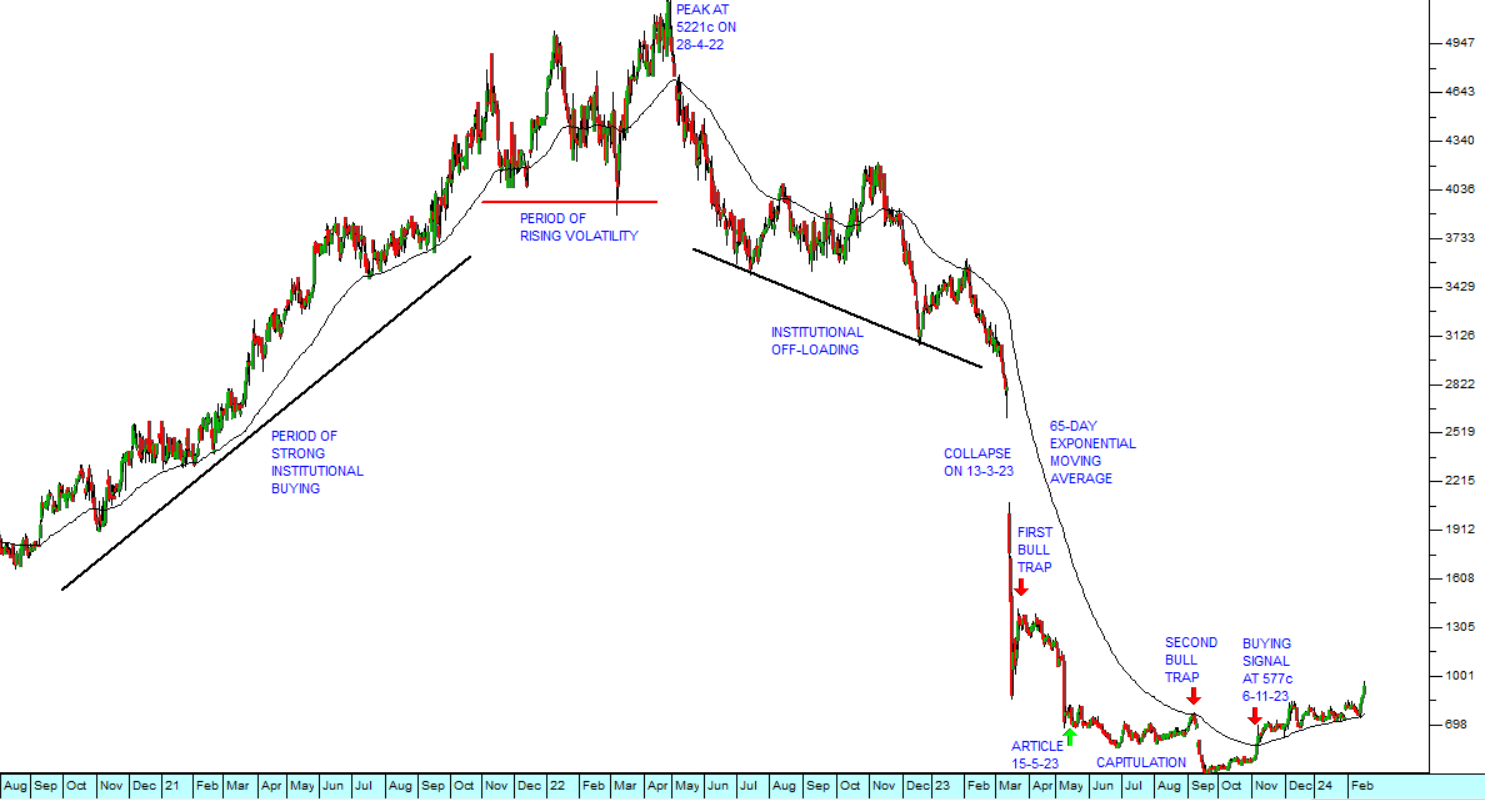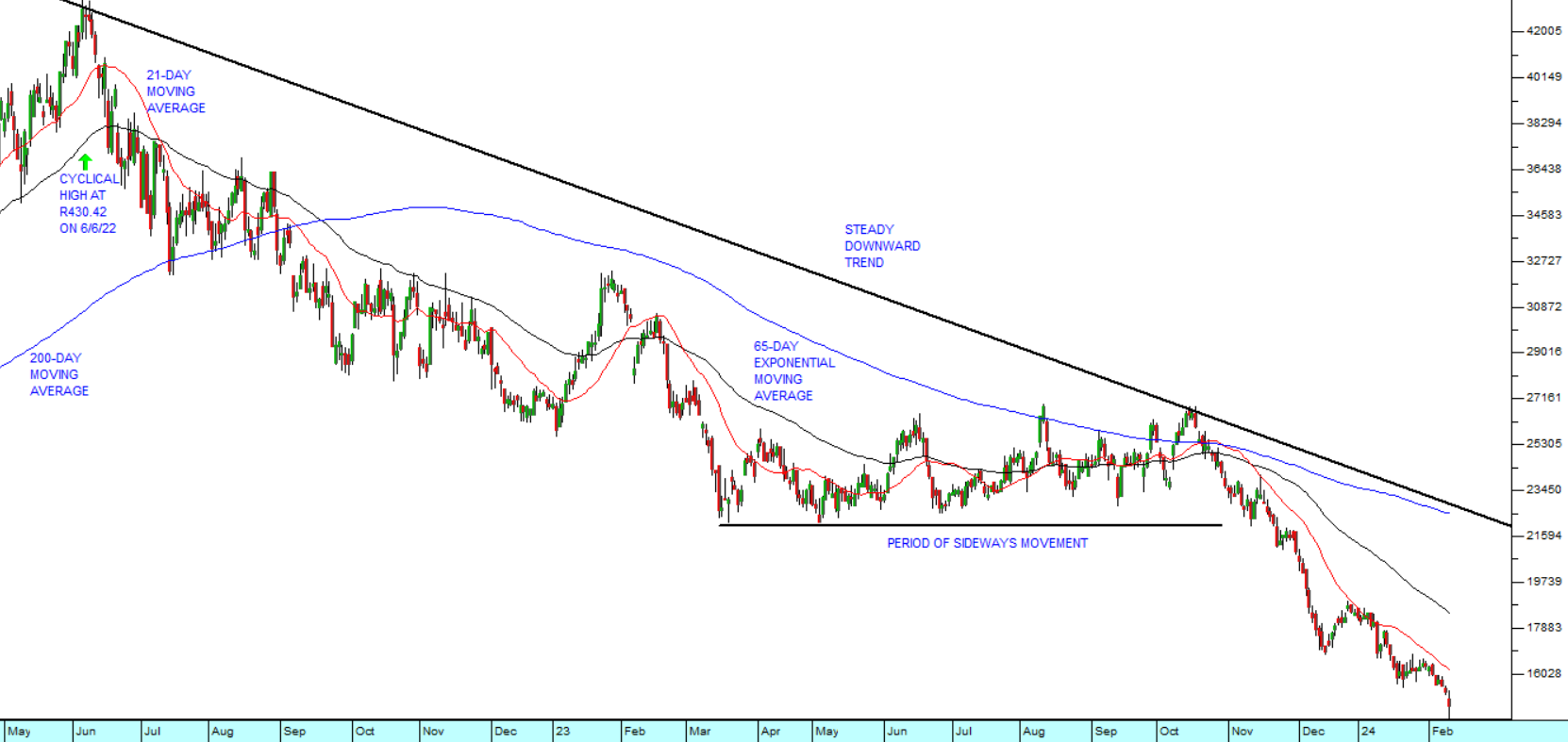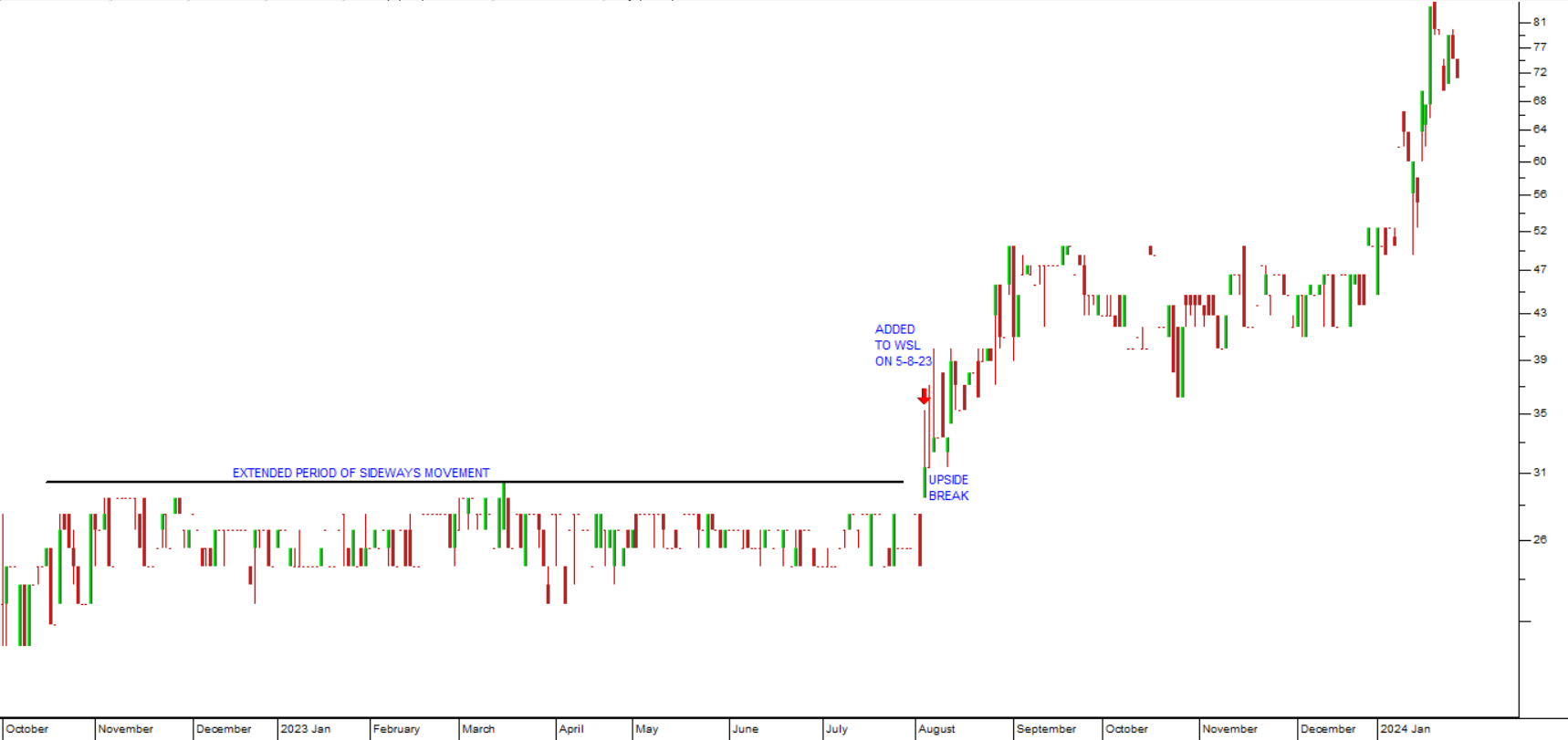Homework
5 August 2019 By PDSNETOn 1st August 2019, Business Day carried an article on the performance of asset managers and how difficult it is to choose a winner from among them. In that article they commented that research done by Goldman Sachs in the US showed that, “competing managers, no matter how much they purported to have unique strategies all tended to pile into the same bundle of high-performing stocksâ€. In May of 2016, for example, the research found that 68% of fund managers were substantially invested in the same 10 shares. In our experience, this supports our position that fund managers tend to be more concerned with their reputations and their jobs than the performance of the funds under their care. For this reason they tend to move together – like a herd of sheep. When one crosses the bridge, they all cross the bridge, because there is safety in numbers. The worst thing for a fund manager is to find himself on this side of the bridge when all the other fund managers are on the other side - because that is how you lose your job in the fund management business. It is much safer as a fund manager to choose an investment which has already been selected by other fund managers, even if you think it is wrong, because then, if it fails, you are at least in good company – and you will not be fired. No fund managers were reported to have lost their jobs as a result of the R200bn which was lost in the Steinhoff debacle. But the simple fact of the matter is that to make money in the stock market, to beat the JSE Overall index, you must be right when the market on average is wrong. As Warren Buffett (the most successful investor who has ever lived) has wisely said, “Be greedy when others are fearful and fearful when others are greedyâ€. To be successful, you need to be a maverick, a contrarian. You need to buying when everyone else is selling and vice versa. But when you buy into an institutional investment (like a unit trust or an endowment policy) you are investing in the average of the market. And you cannot beat the market if you are the market. The most interesting phenomenon in the investment industry has been the emergence and popularity of so-called “index fundsâ€. These are funds which exactly track the performance of a specific index – usually the overall index of the market. By doing this, of course, they can be virtually guaranteed to perform in line with that index. Their success is a clear indication of how badly institutional fund managers have been at out-performing the indexes of the sectors in which they compete. World-wide, approximately 80% of unit trusts under-perform the indexes of their markets – and they charge a significant fee for doing that. Why pay somebody to have an 80% probability of under-performing an average? This you can do for yourself! You do not need to pay someone to do it for you. Of course, the fund managers have developed a complex theory for why it is impossible to beat the market over the long term. But then there is the nagging example of Warren Buffett who has consistently beaten the S&P500 index for many decades – just too many for his performance to be written off as a coincidence. And what is Buffett’s secret? Homework! Warren Buffett studies 2000 sets of financial statements every year. He simply reads more and analyses more than other investors. That is why the Business Day and the Stock Exchange News Service (SENS) should be your bible as a private investor. To be highly successful in the share market you need to sift through an immense amount of material looking for the “gold nuggetsâ€. You need to study the charts of dozens of shares continuously looking for simple things like double and triple tops, head-and-shoulders formations and trendlines. In your life you have only ever made money when in areas where you were knowledgeable and did your homework. The stock market is no exception. Do your homework and you will be consistently successful.
DISCLAIMER
All information and data contained within the PDSnet Articles is for informational purposes only. PDSnet makes no representations as to the accuracy, completeness, suitability, or validity, of any information, and shall not be liable for any errors, omissions, or any losses, injuries, or damages arising from its display or use. Information in the PDSnet Articles are based on the author’s opinion and experience and should not be considered professional financial investment advice. The ideas and strategies should never be used without first assessing your own personal and financial situation, or without consulting a financial professional. Thoughts and opinions will also change from time to time as more information is accumulated. PDSnet reserves the right to delete any comment or opinion for any reason.
Share this article:
